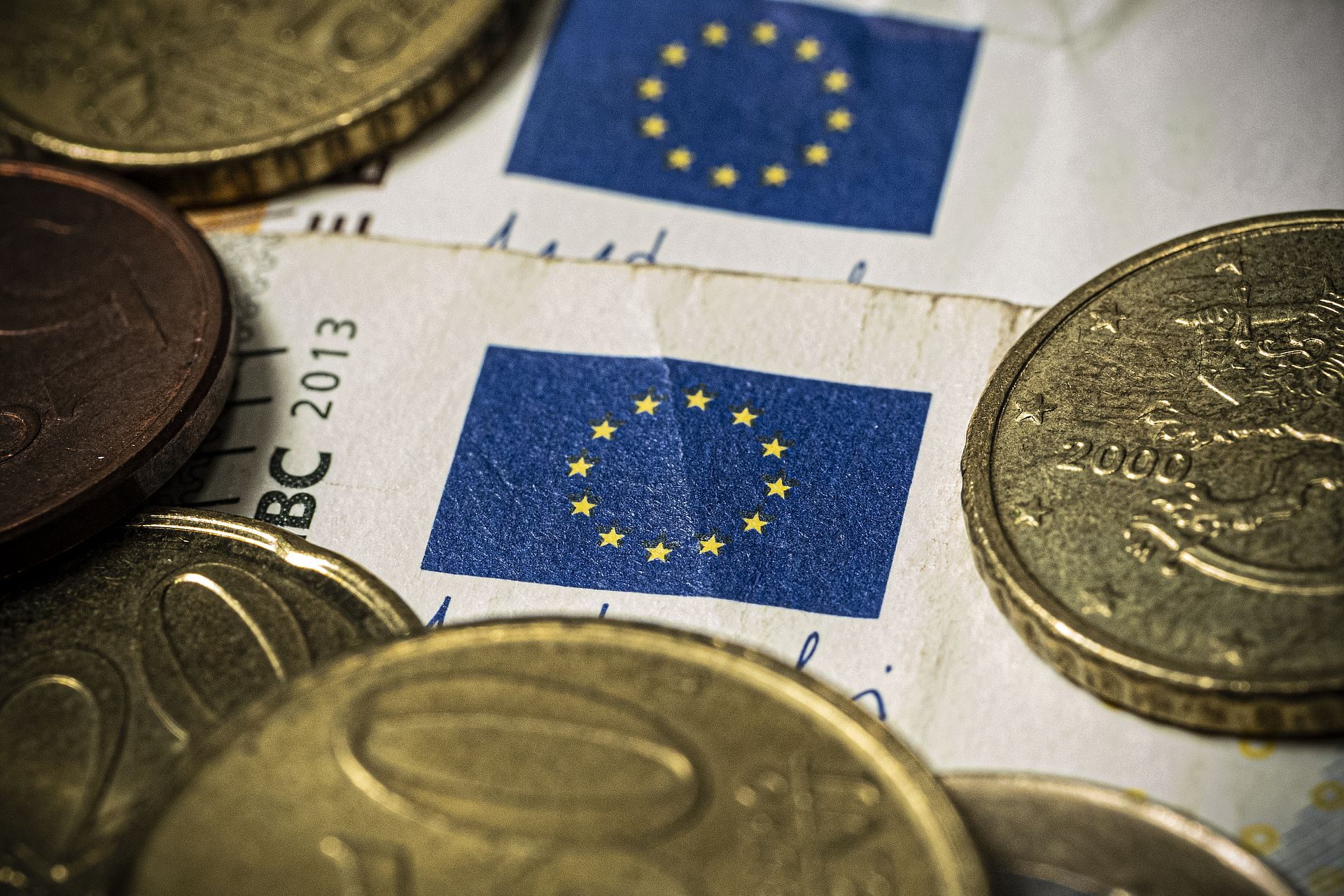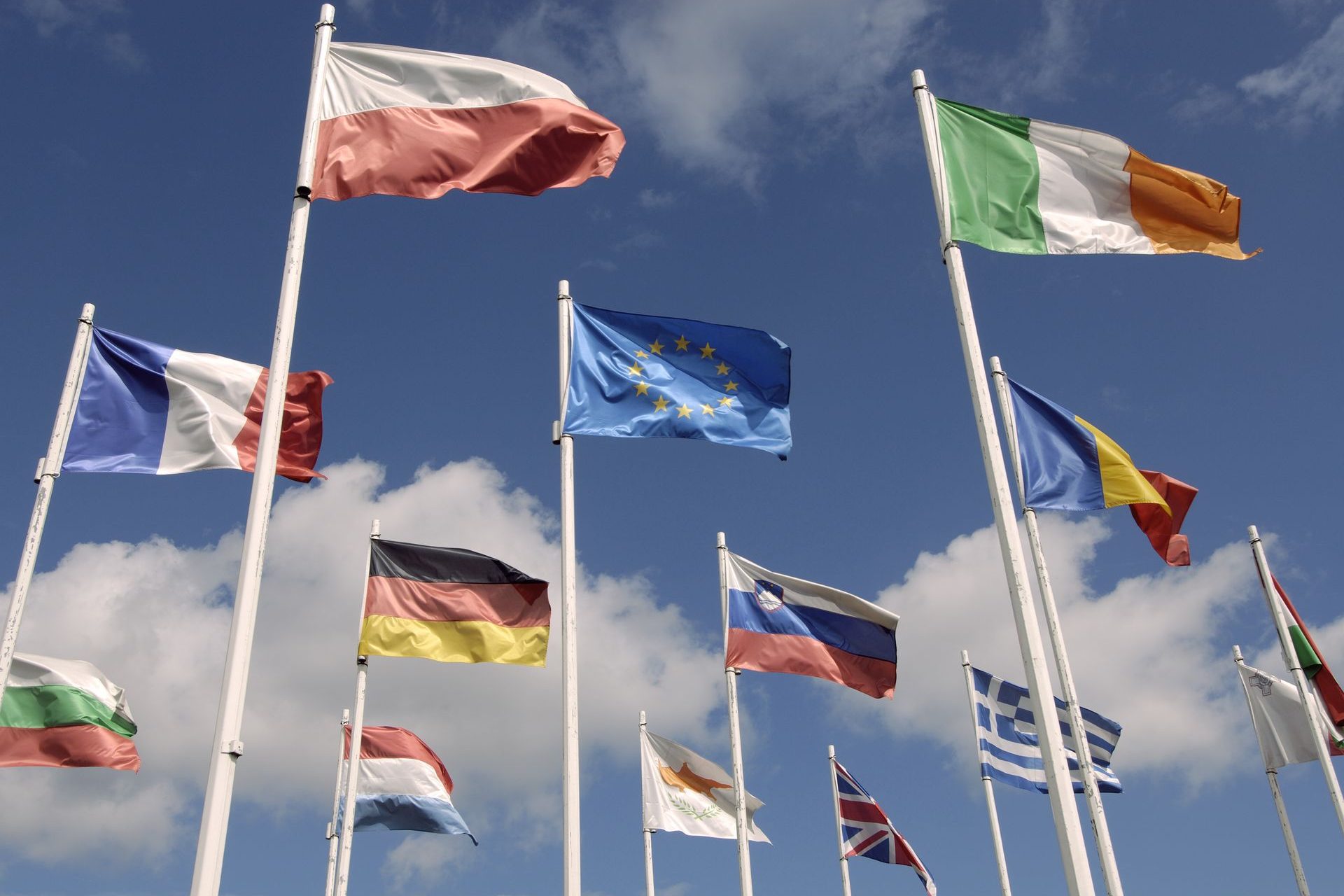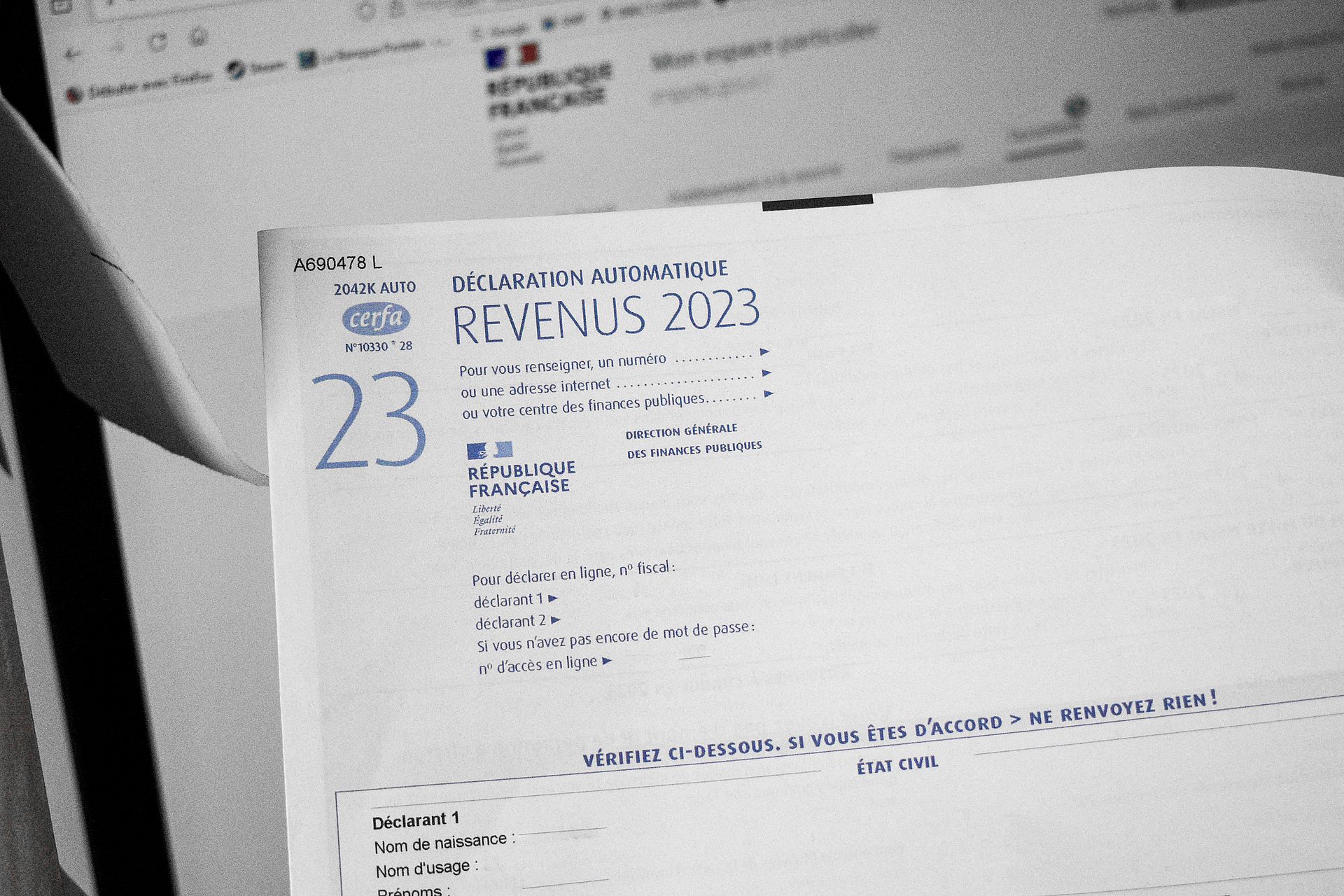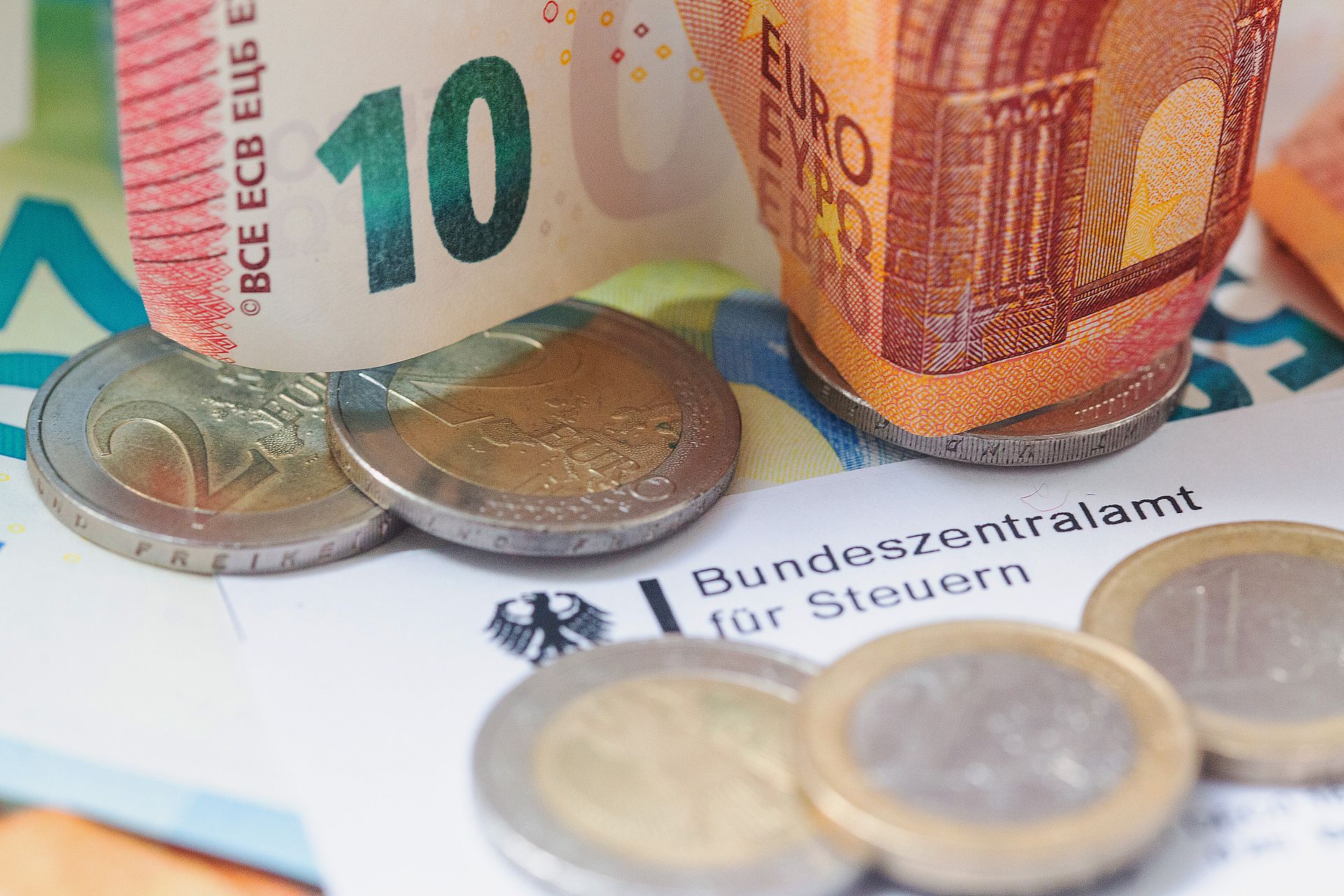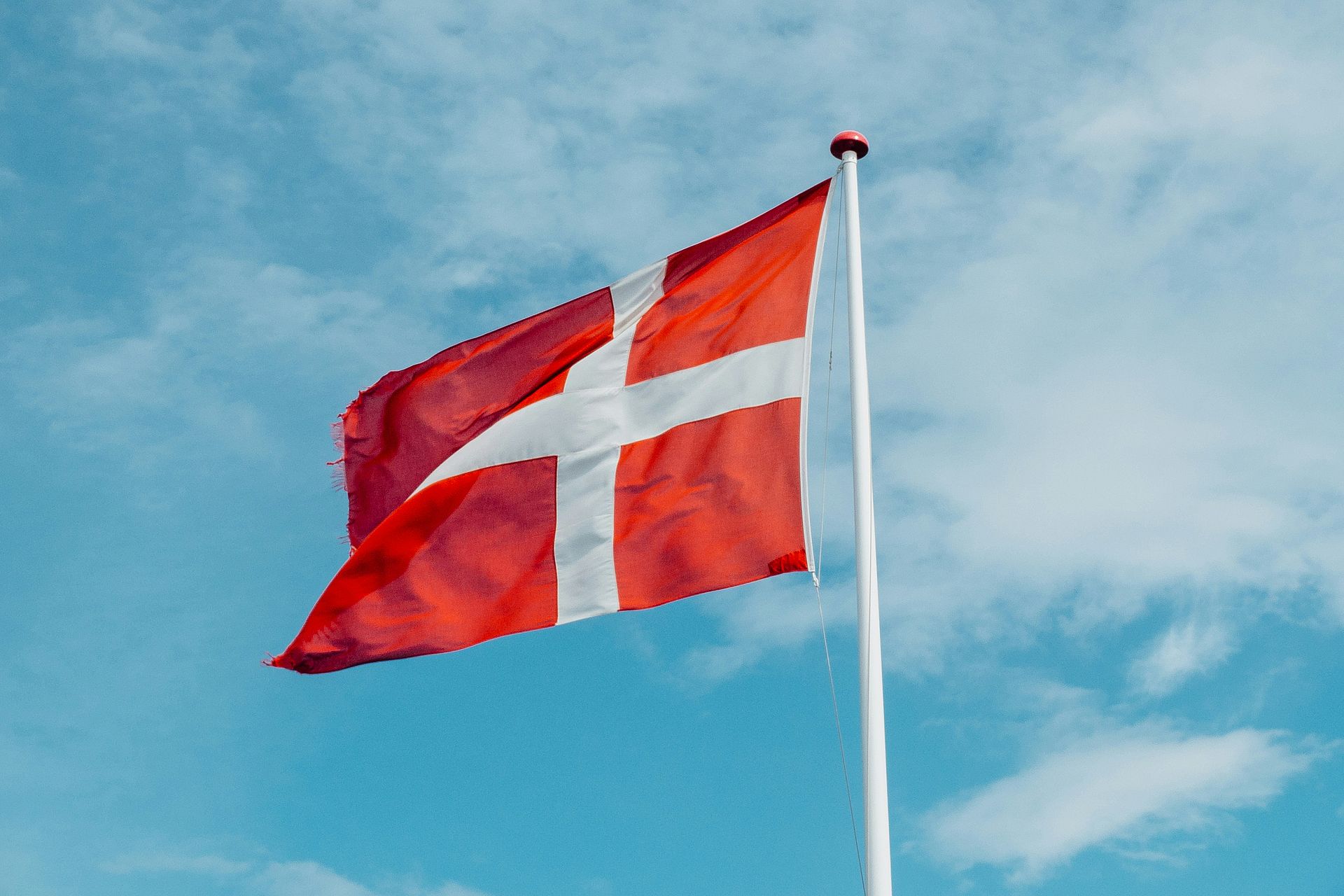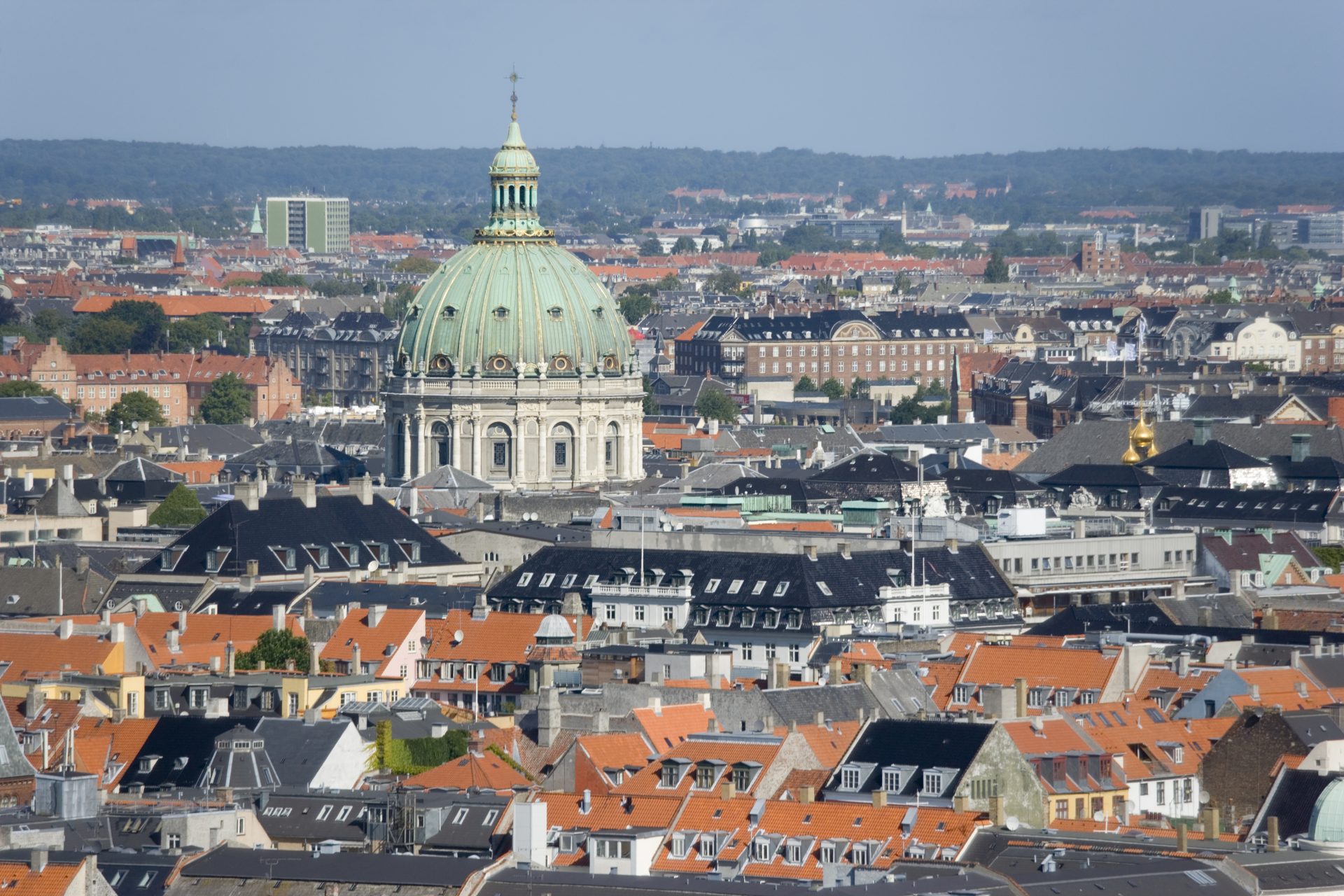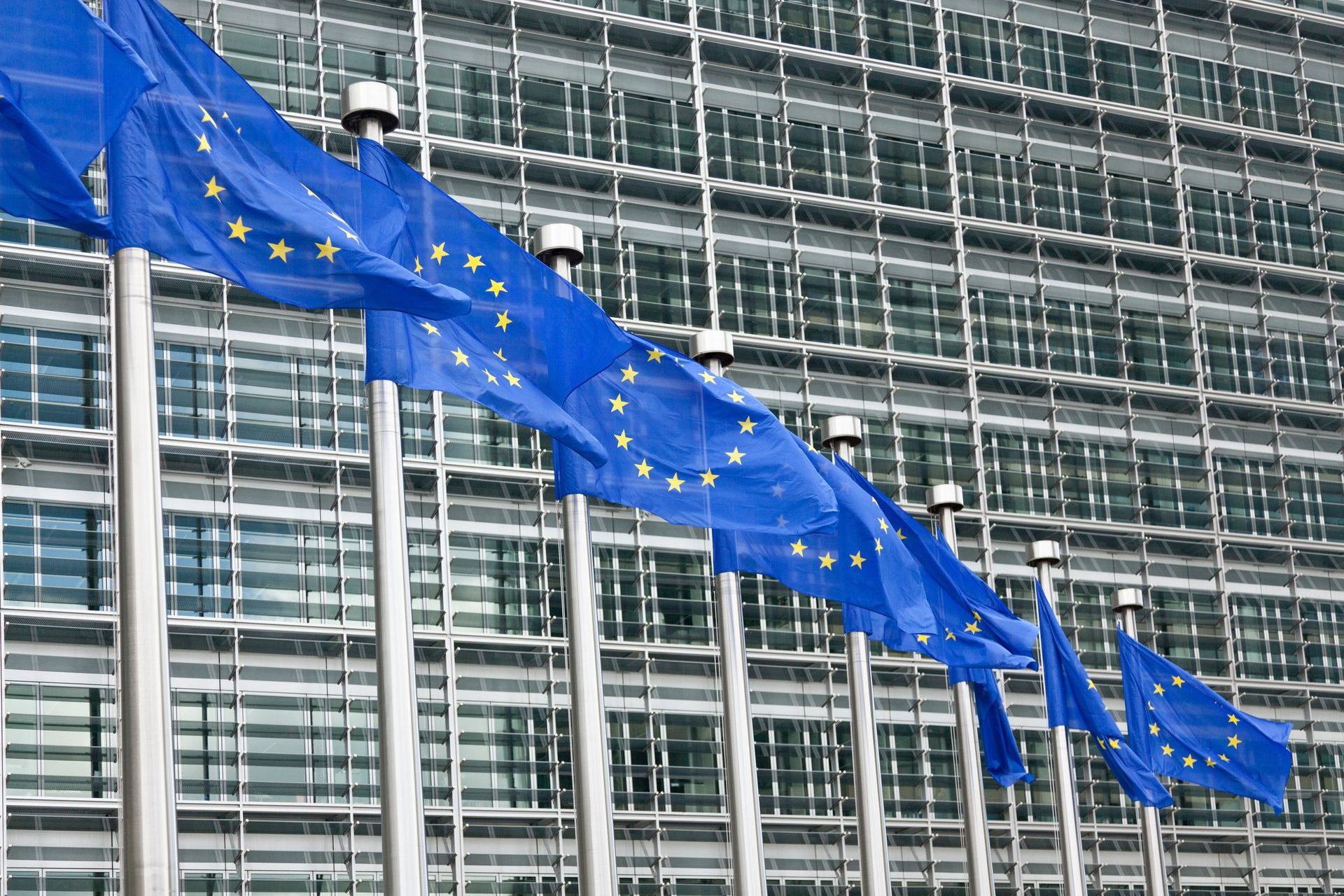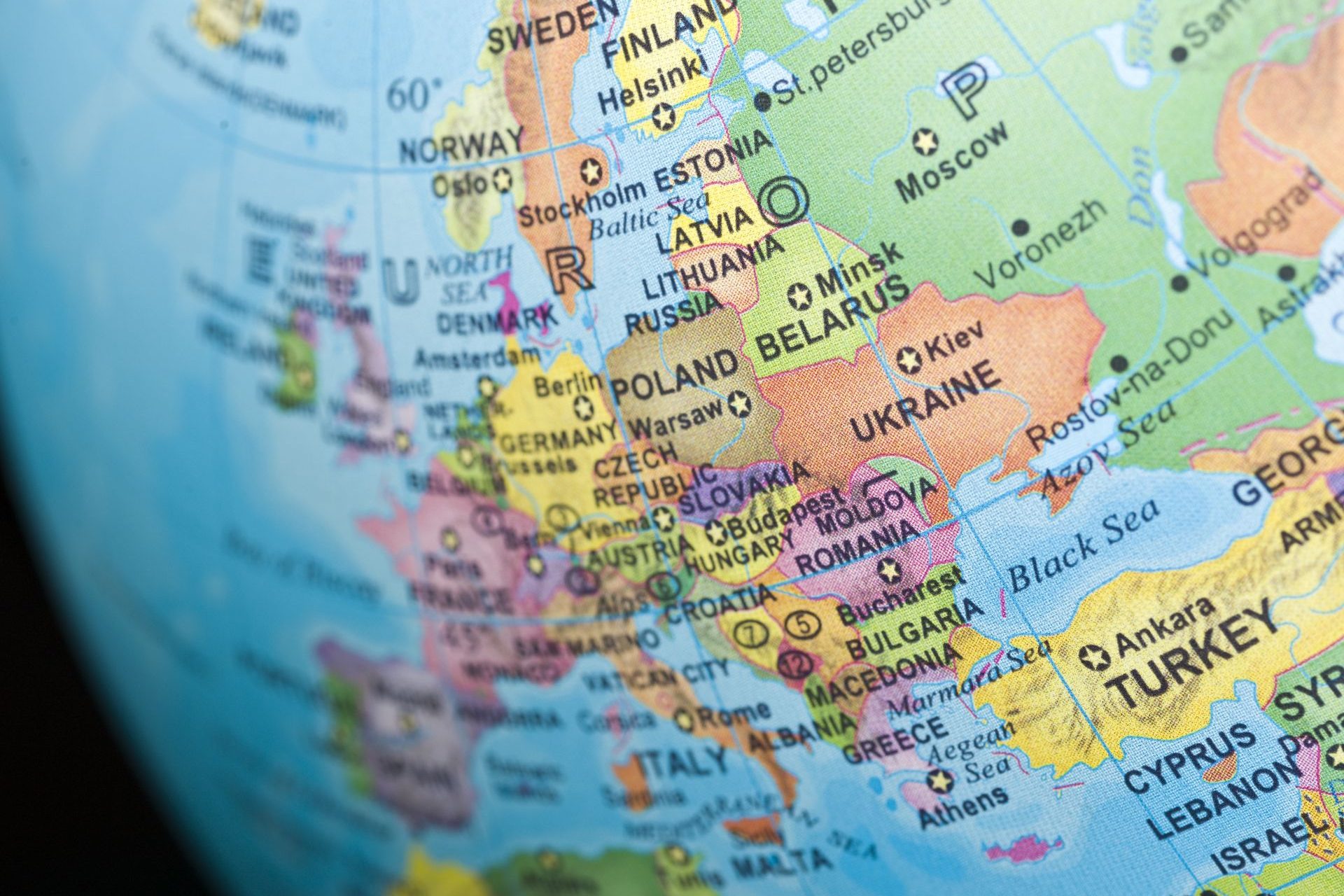Tax Problems: Europe's highest and lowest tax systems revealed
The member states of the European Union (EU) are united in a large market in which people and capital move freely. However, that doesn't mean each people living in different member states don't have different tax burdens.
Despite the EU's unification, each country retains its own tax system, which creates significant variations between states and in what some citizens have to pay when compared to others!
Which European countries have the most competitive taxation? And what about those who have the least favorable tax systems? Let's take a look at who has the best and worst in Europe. Spoiler, they all pay a lot of taxes!
With a compulsory tax rate equal to 45.6% of GDP in 2023, France is the most taxed country in the Union, followed by Belgium (44.8%) and Denmark (44.1%), according to Eurostat data.
At the other end of the scale is Ireland (22.7% of GDP), which has very low corporate taxes, as well as Romania (27%) and Malta (27.1%).
In the EU as a whole, the share of compulsory taxes corresponds to roughly 40% of the wealth produced.
Specifically, when it comes to personal income tax, Denmark was in the lead in 2022, with an average of 55.9% of income taxed, according to Euronews.
Photo: Markus Winkler / Unsplash
Denmark was followed by Austria (55%), Portugal (53%), Sweden (52.3%), and Belgium (50%). France's absence is explained by its tendency to tax businesses as a priority over its citizens.
In contrast, household income taxation is particularly low in some EU states, such as Romania and Bulgaria (10% each).
The question may seem strange, but Denmark has once again been ranked the second happiest country in the world by the 2023 World Happiness Report, despite a significant tax burden on its citizens.
The explanation for Denmark's happiness situation is that Danes feel they get value for money. For example, higher education is largely free and parents are entitled to 52 weeks of parental leave, 32 of which are paid by the state, Euronews reported.
Photo: Alexander Dummer / Unsplash
A Belgian taxpayer is taxed at 45% above 24,480 euros of income per year and at 50% above 42,370 euros. A social security contribution rate of approximately 13% is added to this. Belgians can therefore be taxed above 60% of their income!
Comparisons are difficult since each country has different rates, types of taxes, and tax structures. The Tax Foundation, an American think tank, tried to shed some light on the issue and established a ranking of the competitiveness of tax systems.
Published in October 2024, the report places Estonia first in the world for the eleventh consecutive year.
The document cites "Tallinn's 20% rates on corporate and personal income, as well as a property tax that takes into account the value of the land rather than the investment," Euronews details.
The other two Baltic countries, Latvia and Lithuania, also ranked very well, in second and fifth place respectively.
Switzerland and Luxembourg, two famous tax havens located in the heart of the European continent, also have the favoured ranking, reaching fourth and sixth place respectively.
Ranked 36th and 37th, France and Italy are, on the other hand, the least competitive states in Europe in terms of taxation. The report criticizes Rome in particular for its "multiple distortions of property tax".
"Capital is highly mobile. Companies can choose to invest in any country in the world to find the highest rate of return," concludes the report, which emphasizes that competitive taxation promotes economic activity.
To avoid excessive losses in tax revenues linked to business mobility, OECD countries have agreed on the principle of a minimum corporate tax rate of 15% worldwide.
While waiting for its implementation, will Europe converge its tax systems to guarantee both fair competition and sufficient revenue for states? This will undoubtedly be one of the most difficult projects for the EU to advance.
More for you
Top Stories



